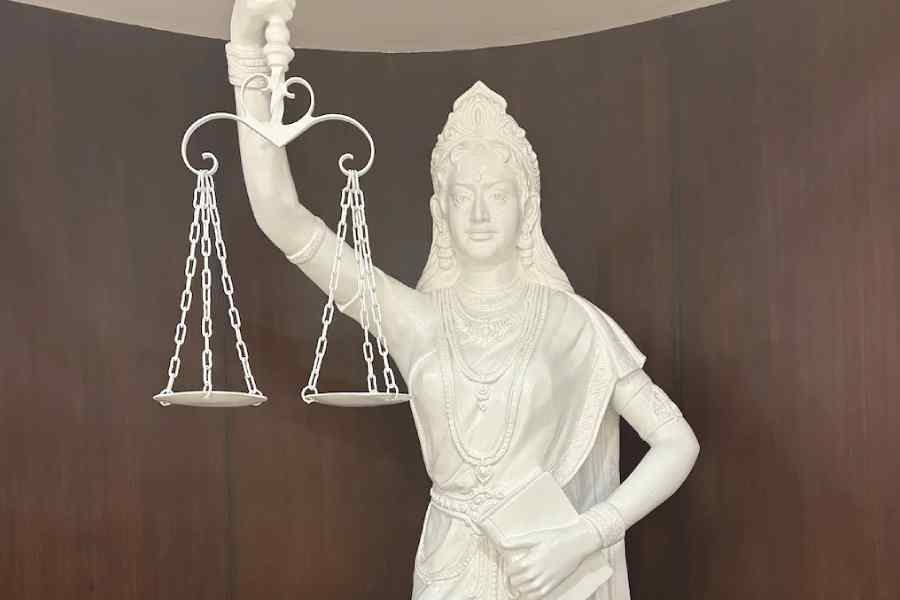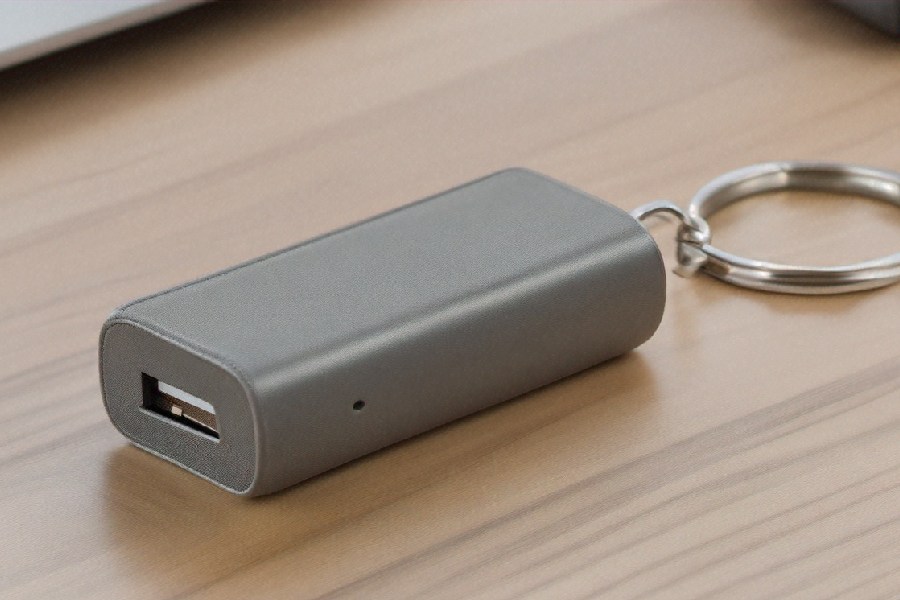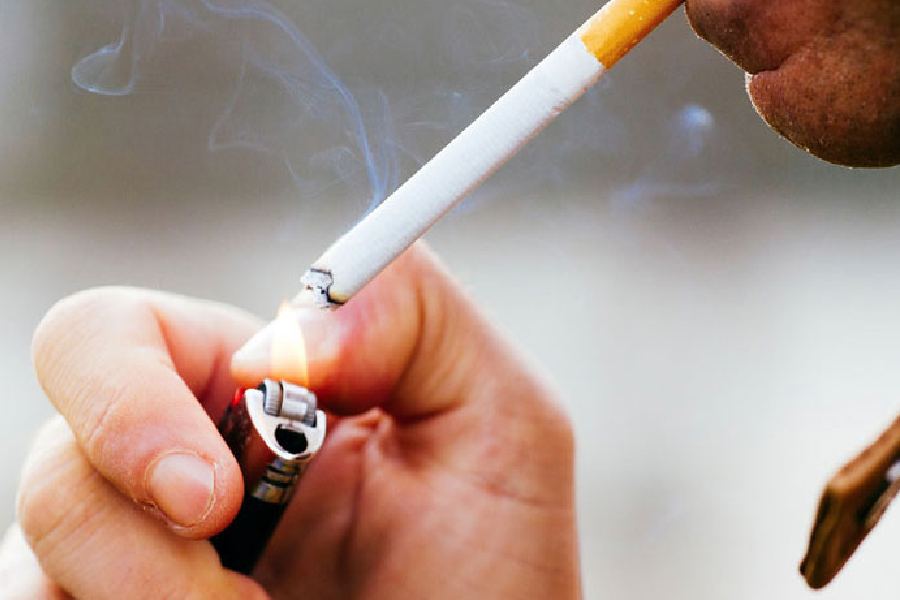Pronouncements by courts carry special resonance. Not only can these be used in later cases as legal precedents but a controversial judgment heightens the chances of misinterpretation and even misapplication. The recent verdict by a judge of the Allahabad High Court which declared that grabbing a minor’s breasts, tearing her pyjama strings, and trying to drag her under a culvert were not enough to suggest an attempt to rape merits attention in this regard. This judgment on the degree of offence is in conflict with the view of the Supreme Court, which has, in the past, clearly laid down that even mens rea — moral guilt or the intention to commit a crime — “is no less than the actual commission”. It is thus surprising that the apex court, which is usually a steadfast defender of women’s rights and safety, has refused to entertain a plea challenging the verdict. The Union minister of women and child development has pointed out, quite rightly, that the verdict will have an adverse impact on society. Legal experts have also expressed concern that verdicts such as these can end up trivialising sexual assaults on women and leave them even more vulnerable than they already are by introducing a sense of licence; there has been an appeal to the chief justice of India to take suo motu cognisance of this case.
The wisdom of the judgment also needs to be questioned in light of data: figures from the National Crime Records Bureau show that one woman is raped every 16 minutes in India. One of the reasons for this shocking number is the abysmally low conviction rate in rape cases. In 2024, the ministry of statistics and programme implementation revealed that only 2.56% of rape cases that went yo trial ended in conviction. On many occasions, the courts’ views on relevant matters have been perplexing. In 2020, a Karnataka court gave bail to a man accused of rape because the woman had fallen asleep after the violative act; the woman’s action, the court said, was “unbecoming of an Indian woman”. In 2020, the Madhya Pradesh High Court had granted bail to a man accused of sexual harassment on the condition that he would request the complainant to tie a rakhi on him and promise to protect her. The issue thus goes beyond the question of legality; such judgments lay bare the embedded nature of misogyny and patriarchal notions in society and its institutions. Could the induction of more women judges help?











